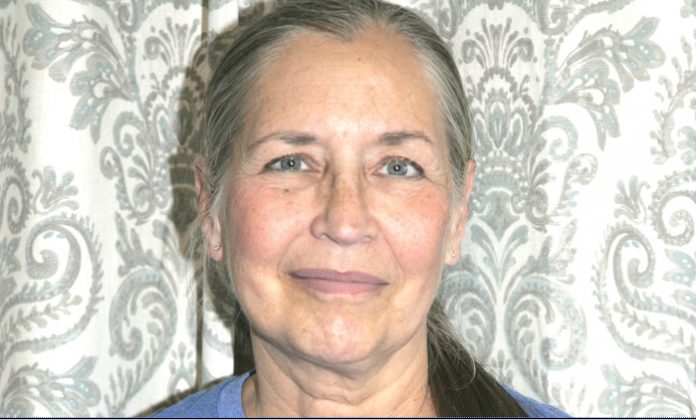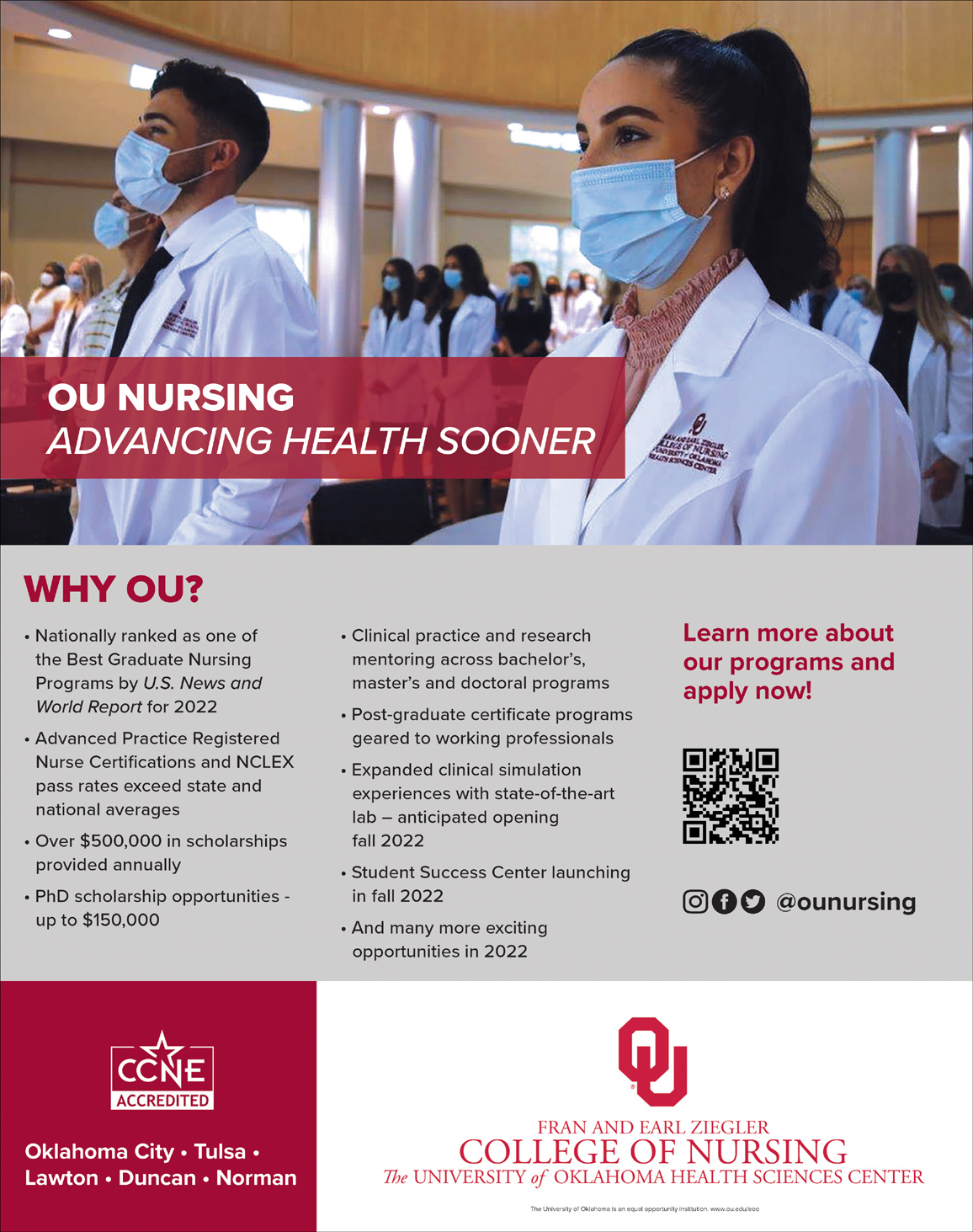
Story by Darl DeVault, Contributing Editor
Bonnie Wells, 66, has made it her mission to help Edmond area adults with developmental disabilities become more independent as executive director of Edmond’s EARC Inc. (Employment and Residential Centers) for the last 18 years. One of the highlights of her working in the field since 1978 has been applying energy to innovation. She has done this during the nonprofit’s more than 50-year local mission, helping shift clients from State institutions to home settings.
Wells deflected inquiries about her role in building up EARC to serve 56 clients over the years. She wanted to discuss a burgeoning problem she and others in leadership face in providing clients a better quality of life through vocational and residential services.
“The most important story in our nonprofit sector serving developmentally disabled and the senior services world is how the COVID 19 pandemic has caused severe labor shortages,” Wells said. “All of our managers have been filling multiple roles and working ridiculous hours due to this problem.”
She explained how worn out and depressed many of her fellow service providers have been since absorbing the pandemic’s additional stresses. “Even though we are all career caregivers, who love what we do and who we serve, we wonder how long we can continue to endure,” Wells said. (story continues below)

Because she and many other nonprofit leaders have served people with disabilities for the past 40 years, Wells makes what she sees as an appropriate statement: “The government needs to look forward and work on massive educational incentives to get good people to go into healthcare. This is especially important at the direct nursing care level and administrative positions. Otherwise, at the current rate of burnout in caregiving, not enough staff with the right skills will be there ready to help seniors in their own homes or other settings.”
This effort to provide the best support by supplying appropriate help and housing reflects a tradition begun in 1982 when EARC opened the first of two six-bed group homes in north Edmond. After they opened the second similar home in 1985 on the south side of Edmond designed to provide training in areas of independent living skills, they expanded their mission.
In 1989, they built The Nova Centre in Edmond, a 16-bed, long-term care facility for residents with more severe disabilities with specialized nursing provided. Clients furnish and decorate their space to suit their own style to make them feel more at home. These clients share living areas for social interaction and family-style dining.
EARC Inc.’s non-profit mission is to provide clients with affordable quality housing in the Edmond Community. This instills a sense of pride in the individuals with intellectual disabilities and certain persons with related conditions who moved from closed Oklahoma public institutions to private settings.
The EARC purchased four private three-bedroom residences between 2012 and 2019. The agency operates another to serve 15 resident clients in a Daily Living Support program.
“A good example of this is when we bought and furnished a home for three men moving from the closing Northern Oklahoma Resource Center in Enid in 2013,” Wells said in an interview. When the Southern Resource Center in Pauls Valley closed in 2014, 219 residents needed to transition from the two State-operated facilities.
Wells said this was a significant change and move for anyone who has lived in the same setting for more than 30 years, where their only experience in the community was during visits to their parents’ or siblings’ homes.
EARC wanted to expand the number of its DLS homes, but quality affordable housing in Edmond to rent for its clients was challenging to find.
Organizers select these homes because of their spacious three bedrooms and open living areas, although sometimes they need to be architecturally modified to make them handicapped accessible. The Oklahoma State Developmental Disabilities Services Division provides those materials and skills for the architectural modifications.
The rest of the 52 adults receiving residential service occupy their own apartments or family members’ homes with EARC training and paid staff, who are sometimes family members. They all receive needed care, from usually 20 hours per week up to 24-hours of care per day.
Wells says the agency is grateful to Edmond citizens for their generosity as donations from the community to EARC thrift stores create job opportunities for their clients. They employ 22 clients working for the three thrift stores as cashiers, truck driver assistants, janitorial workers, or those processing and hanging clothes.
“We have created many income-producing jobs in our thrift stores with the processing operations we undertake to prepare the donated items for resale,” Wells said recently. “Through these opportunities, many of our clients earn wages significant enough to be taxpayers and reduce their dependence on taxpayer funding.”
These clients are employed alongside workers without disabilities after receiving on-the-job training from an EARC job coach.
Wells said EARC is proud of a core group of about a dozen dedicated community volunteers who help sort, clean and price the thrift stores’ donations. The stores are at 100 E. 3rd and Litter in Edmond, a larger Edmond store at 92 E. 15th St and in Guthrie, at 1408 E Oklahoma Ave.
To volunteer or donate to help area adults with developmental disabilities in this United Way community partner nonprofit, visit the EARC website at www.earcinc.org.












